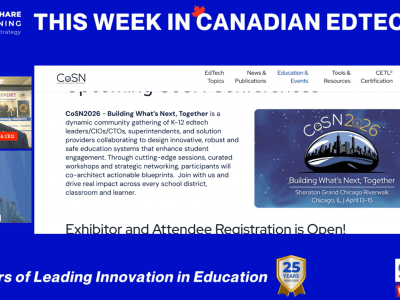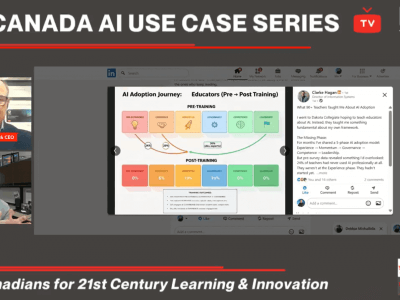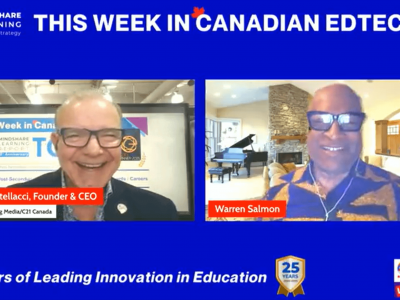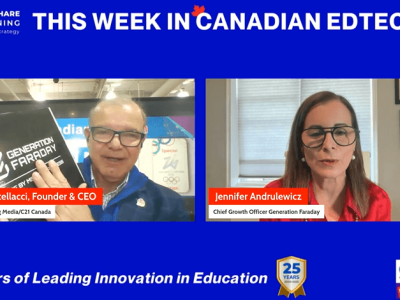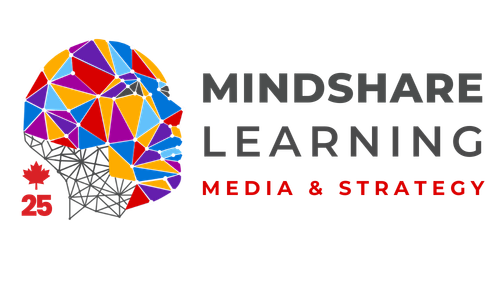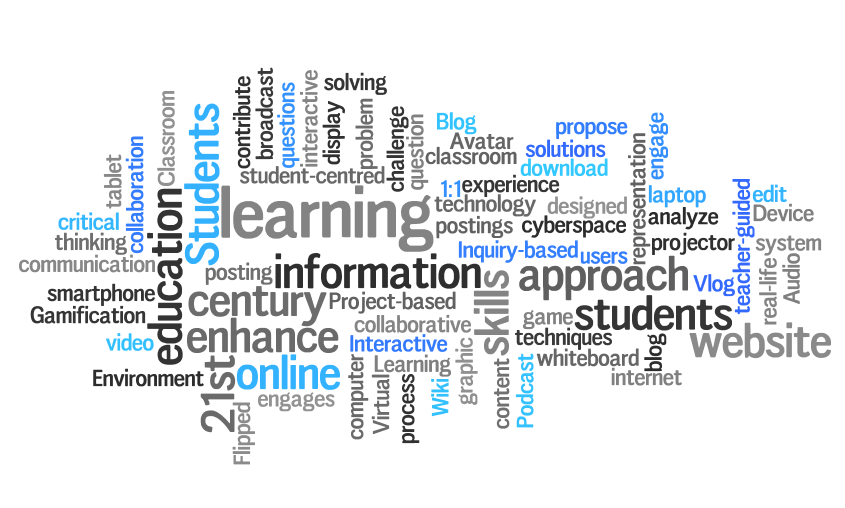We’re devoting this space to education and industry leaders who are new to the EdTech space to help you accelerate your learning curve in this growing area of specialization.
Terminology
1:1 Technology – Each student is given their own piece of technology, for example, individual laptops or tablets.
Avatar – Differing from the blue characters in James Cameron’s 2009 film, an avatar is a self-designed graphic representation of you in cyberspace.
Blog – Personal website for posting information, opinions or thoughts
BYOD (Bring Your Own Device) – Students bring their own technology (iTouch, tablet, etc.) to use in the classroom for educational purposes.
Gamification – The use of game techniques to enhance non-game learning and engage students.
Flipped Classroom – Inverting the traditional classroom model, where students review material online before class and work on homework in the classroom
Inquiry-based approach – A student-centred, teacher-guided approach that asks real-life questions and engages students in 21st century skills as they analyze information and propose solutions.
Interactive whiteboard – A large interactive display that connects to a computer or a projector. Example brands include SMART Boards and Epson Brightlink.
Podcast – Audio broadcast on the internet, usually available for download.
Project-based learning (PBL) – Students are given a challenge, problem or question. They go through the process of solving the task using 21st century skills of collaboration, communication and critical thinking.
Virtual Learning Environment (VLE) – An online education system designed to enhance a student’s learning experience. Examples include Blackboard, WebCT and Moodle.
Vlog – A blog where postings are primarily in video form.
Wiki – A collaborative website that allows users to contribute and edit content.
Web 2.0 Tools
Creation:
Bitstrips – Students can create their own digital avatars and comic strips. There is a database of activities that you can select by topic or subject.
Goanimate – Make free videos or animated lessons. Secure use for schools.
Popplet – A space to post visual ideas, videos, photos and links using concept maps.
Storybird – Short, art-inspired stories. Students choose a collection of illustrations or a theme and write a story to accompany them.
Wordle – Creates word clouds with text that you enter. Words that appear more often will been given greater prominence. Customizable fonts, themes and colours.
Xtranormal – This tool turns student storytelling into 3D video animations.
Blogging
Glogster – A graphic blog. Uses words, pictures, videos, effects and animations to create a visual community in your classroom.
Kidblog – Designed specifically for the classroom, students are given an individual blog and posts are monitored and moderated by the teacher.
Twitter – Online social networking and microblogging community. Write updates 140 characters at a time.
WordPress – Free blogs with a large selection of custom designed templates.
Presentations:
Prezi – Zoomable online presentations that multiple users can collaborate on.
SlideRocket – Create and share presentations online. Multiple users can access and collaborate on the project.
Collaboration:
Today’s Meet – A backchannel that lets users make comments, ask questions and voice opinions during a live lecture or presentation. A virtual room is created and students login to the room. The live feed should be projected onto a screen for everyone to read.
Posterous Spaces – Customized spaces to share information online. Spaces can be made either public or private.
Voicethread – Collaborative group conversations are recorded over a multimedia slide presentation. Students can make comments five different ways: microphone, telephone, audio files, text and webcam.
WikiSpaces For Teachers – A space to create and share work, ideas, pictures, videos and pretty much anything else. Just like Wikipedia, anyone can edit and add content.
Online Learning:
Moodle – A Virtual Learning Environment (VLE), where teachers can create online learning websites for their students.
